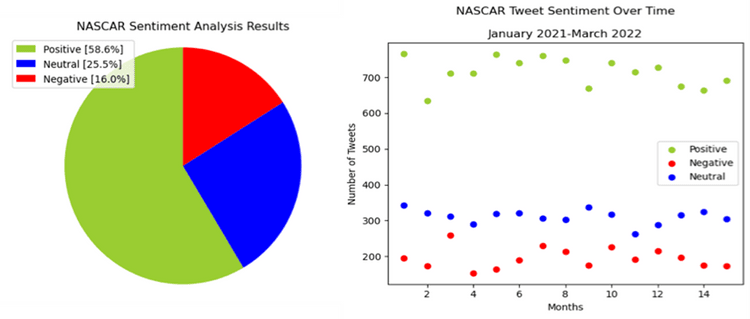Why is this important for your organization?
Whether you are a minor league, major league, or university team, or whether you are an organizational leader for a particular sport, analytics have been repeatedly shown to provide a leading edge. Coaches can benefit from enhanced understanding of player performance and decision-supporting models which assist in training regimes. Recruiters can gain a competitive edge by understanding new or under-utilized metrics which could recognize unseen talent. Organizations can profit from the time saving and cognitive deloading abilities of business automation tools. Sports leaders can improve fan experience and marketing strategies through various sentiment analysis understandings and other analytical metrics. Regardless of where you sit in the sports world, analytics are your key to a competitive advantage.
What the RAIL Offers
The RAIL consists of sports enthusiasts who are just as enthusiastic about data analytics. This combination of passion results in a team dedicated to providing fans, players, and organizations with the ability to share that fervor through improved play and organizational policies. The RAIL specializes in providing:
• analytical understanding of player performance,
• fan sentiment analysis through social media analysis, survey analysis, and ticketing/seating/purchasing analysis, and
• business automation
Previous and Current RAIL Efforts
The RAIL has and continues to contribute to this field through a various array of projects including an understanding of the socioeconomics of tennis, the introduction of new metrics for shooting efficiency for hockey, analytics of special teams within football, the evaluation of fighter technique in mixed martial arts, and fan sentiment analysis within NASCAR to name a few. As a research and development team with a consistent presence in the fast-paced implementation arena of our clients, we enjoy the excitement of the crossover of these two fields. Our recent development of a shooting efficiency metric is a prime example of this. Our team was able to develop a new metric which builds on expected goals by adding in considerations of shot difficulty which was able to improve predictions of both future offensive production via future “Goals For” and team performance as measured by “Goals For” percentage. Our work exploring the recent NASCAR transition to the NextGen series car evaluated fan response across social media platforms leading into, during, and after the transition to determine how this change affected the fan base. This understanding of fan reaction to sport changes can help organizational administrative teams to determine future directions for the sport.

by the numbers
- 2 conferences attended
- 4 lines of effort
- 2 methodologies and metrics developed